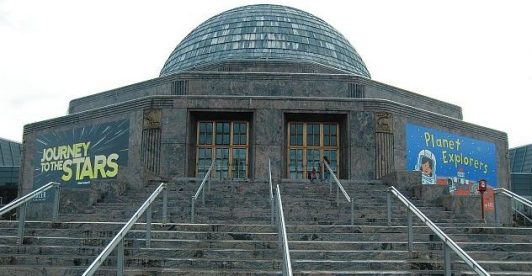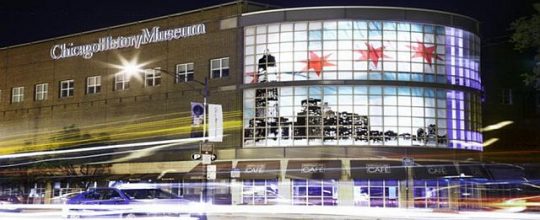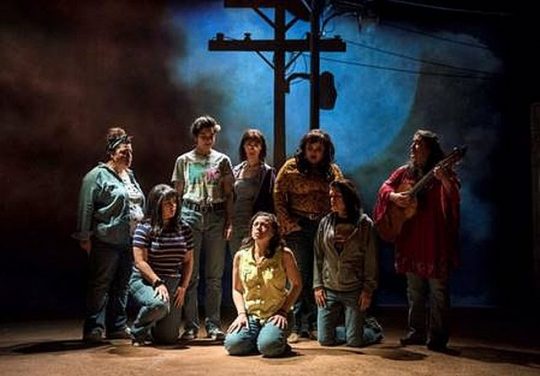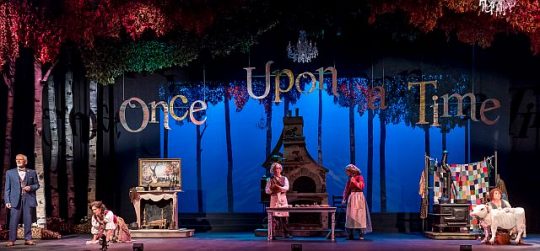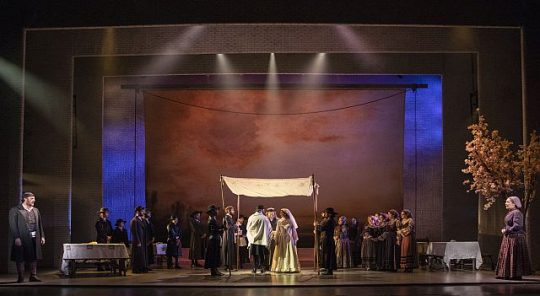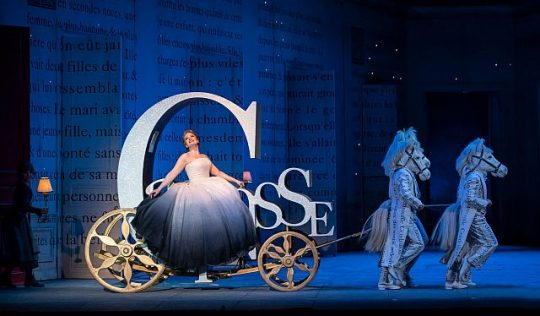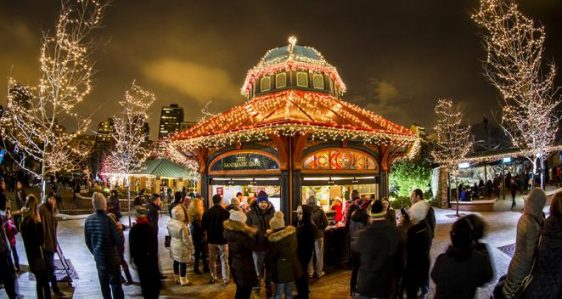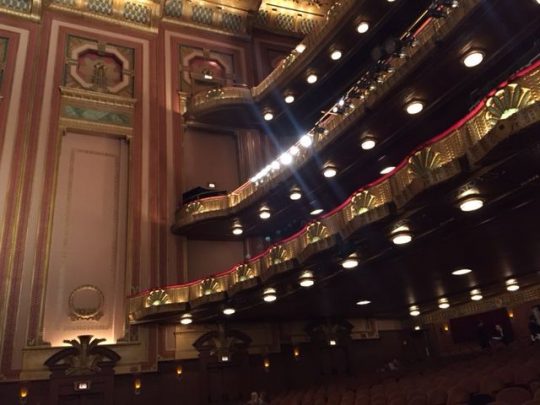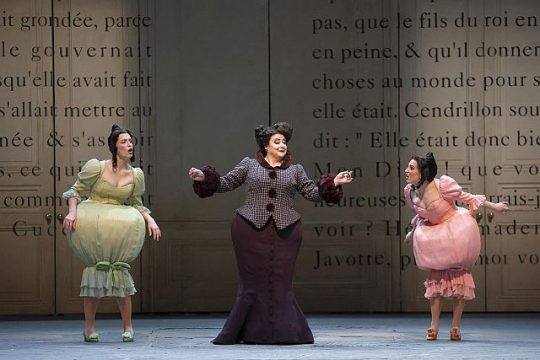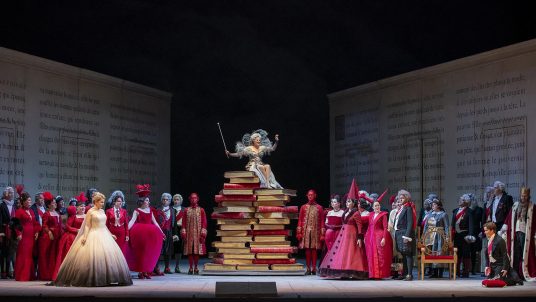
2 ½ stars
Fans of Rick Riordan’s Percy Jackson series about the trials and friendships among children of god and mortal coupling should understand and enjoy “The Lightning Thief: The Percy Jackson Musical” now playing at the Oriental Theatre.
Adults not familiar with the series will get the idea from this low-budget (no real scenery changes), touring show that yeah, what Riordan calls “half-blood” youngsters not only have to please their mortal parent but also put up with and please their Greek god dad or goddess mom.
Because my granddaughter liked the series, I read the books, was hooked on their adventures and thought the show might be fun.
Well, it’s not bad. All it needs are some decent-singing voices aside from Chris McCarrell who does a fine job as Percy and his mom Sally, played by Jalynn Steele, who has the best voice in the cast.
The rest of the cast are certainly in character but it’s hard to understand all the words because they shout-sing in nasally, tinny voices.
Percy fans might not care but if a song is worth writing and singing it ought to be sung so audiences hear more than a couple of words.
And the songs, with music and lyrics by Rob Rokicki, are basically good. McCarrell puts over his frustration well in the “The Day I Got Expelled” and “Good Kid.”
Riordan’s page-turning story-telling, cleverly interpreted in the book by Joe Tracz, keeps audiences wondering what will happen next and how will these “kids” handle the next obstacle.
Director Stephen Brackett, scenic designer Lee Savage and lighting designer David Lander move the story along with obviously low-budget staging. Riordan fans likely don’t care. They just enjoy seeing how Percy, the love-child of powerful god Poseidon, handles his “hero quest” to bring his mom, struck down by a Minotaur, back from the Underworld and also recapture Zeus’ lightning stolen by Hades.
The show is only in Chicago for a short time so Percy Jackson fans who want to see how Riordan’s story is interpreted on stage need to snag a ticket now.
DETAILS: “The Lightning Thief: The Percy Jackson Musical” is at the Oriental Theatre, 24 W. Randolph St., Chicago, through Jan. 13, 2019. Running time: 2 hours with one intermission. For tickets and other information call (800) 775-2000 and visit Broadway In Chicago.
Jodie Jacobs
For more shows visit Theatre in Chicago

